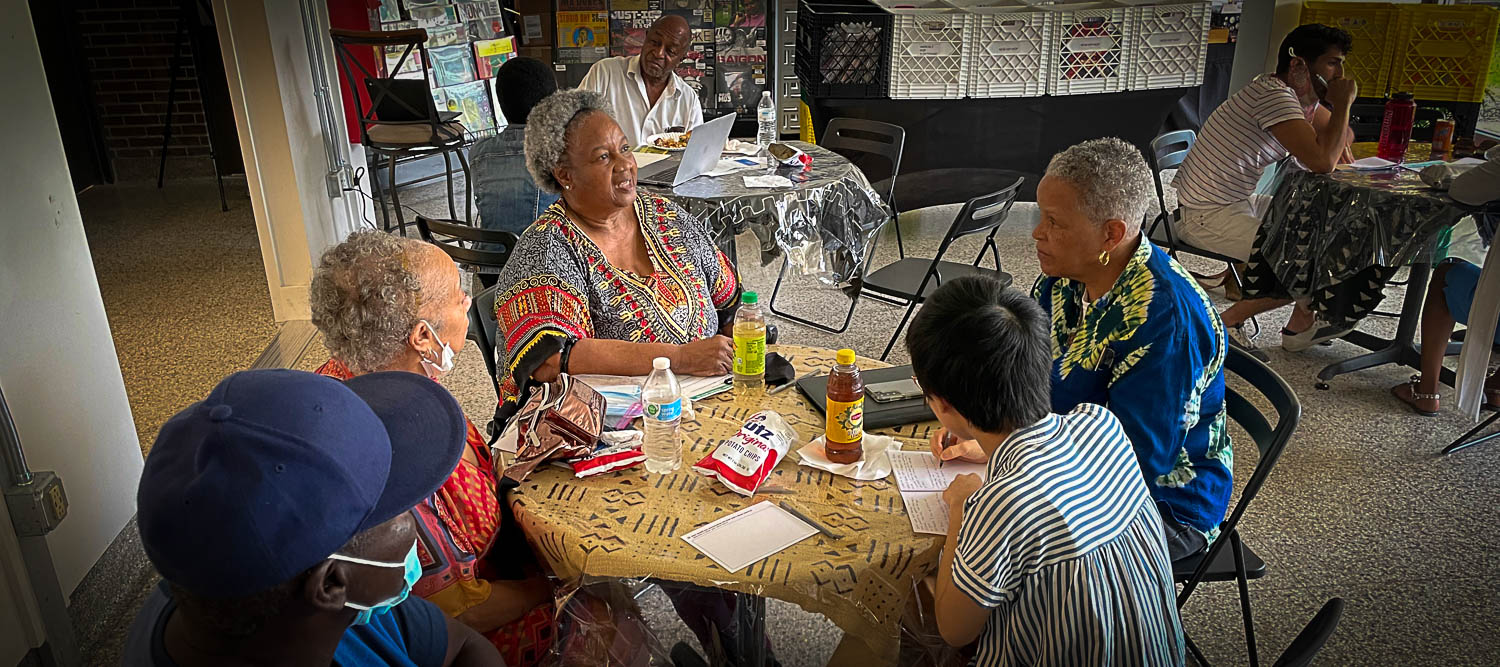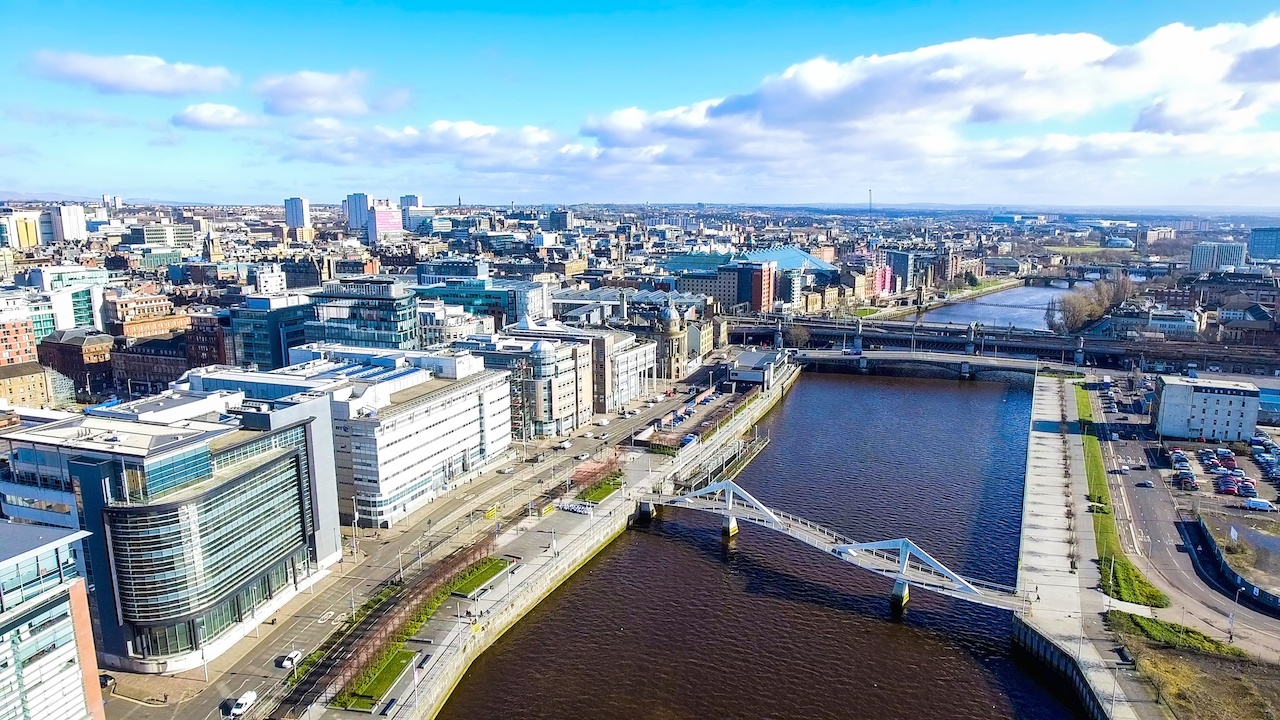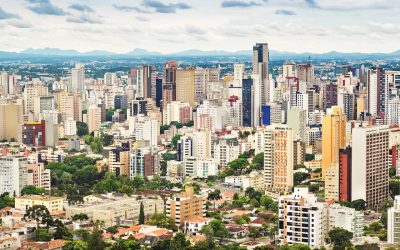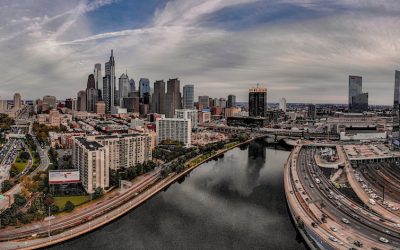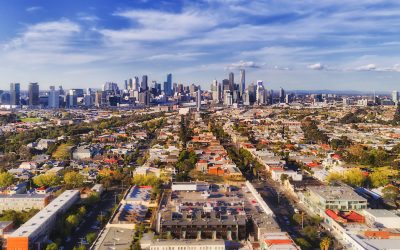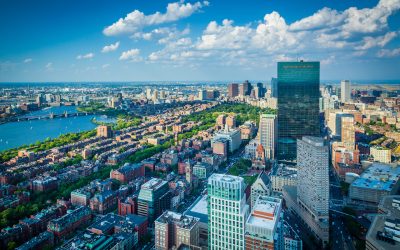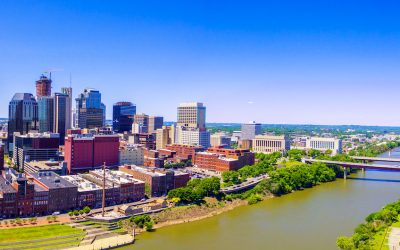Meeting of the Minds
What began as a 2-day summit in Oakland, CA in 2007, has grown into an internationally recognized non-profit organization with world-class events, year-round leadership programming, and an unparalleled digital platform.
Our mission is to bring together urban sustainability and technology leaders across sectors to share knowledge, best practices and catalyze lasting alliances and partnerships. We foster person-to-person and city-to-city learning by curating emerging trends and spotlighting projects and practitioners working on the future of sustainable, resilient, and equitable cities and regions.
We believe that the best solutions and partner ecosystems result from collaboration and engagement across sectors and disciplines. We convene leaders from international bodies, local government, state and federal government, corporates, startups, non-profits, academics and philanthropy.
Meeting of the Minds thanks and acknowledges the support of our current and past sponsors, including:
Foundations
Annie E. Casey Foundation
Barr Foundation
Burton D. Morgan Foundation
Ford Foundation
Lincoln Institute of Land Policy
Living Cities
New Economy Initiative
Paul G. Allen Philanthropies
Robert Wood Johnson Foundation
Rockefeller Foundation
The California Endowment
The California Wellness Foundation
The Cleveland Foundation
The JPB Foundation
The Kresge Foundation
The Volvo Research and Education Foundations
Healthcare
Kaiser Permanente
Sutter Health
Telecom
AT&T
Comcast
Qualcomm
Verizon
Global Technology Leaders
Cisco
Dassault Systémes
IBM
Itron
Microsoft
Oracle
Philips Lighting/Signify
Schneider Electric
Siemens
Transportation Leaders
Bombardier
Cubic
Daimler/Car2Go
Ford
JUMP Bikes/UBER
Lacuna
Keolis
Lyft
Streetlight Data
Toyota
Zipcar
Financial Institutions
JPMorgan Chase
PNC Bank
Wells Fargo
IT & IoT
Atonix Digital
Cleverciti Systems
Iteris
Logicalis
Roadbotics
RelayR Corp
Planning, Design, Architecture, Real Estate, Engineering, Construction
Black & Veatch
CBRE
CH2M Hill
Colliers
DKS Associates
Jones Lang LaSalle
Oxford Properties Group
Ramboll
Skidmore Owings & Merrill
WSP
Consulting Firms
Cognizant
ENGIE Impact
Deloitte
EY
PwC
Government
Ann Arbor SPARK
City of Berkeley, CA
Cuyahoga County
Federal Reserve Bank of San Francisco
JobsOhio
Metrolinx
State of Michigan
Resources: Water and Energy
AEP Ohio
DTE Energy
Festival Hydro
FirstEnergy
Marin Clean Energy
Natural Resources Defense Council
Sacramento Municipal Utility District
Shell
Xylem Water
Innovators
Cleveland Neighborhood Progress
JumpStart
Natural Resources Defense Fund
Rock Ventures
The New School
University of California
UrbanFootprint
Recent Webinars
Recent Articles
Need to Improve Your Transportation Plans? Try Inverting the Order of Planning
Advanced Urban Visioning offers a powerful tool for regions that are serious about achieving a major transformation in their sustainability and resilience. By clarifying what optimal transportation networks look like for a region, it can give planners and the public a better idea of what is possible. It inverts the traditional order of planning, ensuring that each mode can make the greatest possible contribution toward achieving future goals.
Advanced Urban Visioning doesn’t conflict with government-required planning processes; it precedes them. For example, the AUV process may identify the need for specialized infrastructure in a corridor, while the Alternatives Analysis process can now be used to determine the time-frame where such infrastructure becomes necessary given its role in a network.
Life is a Highway: Embracing Intelligent Transportation Systems
The introduction of intelligent transportation systems, which includes a broad network of smart roads, smart cars, smart streetlights and electrification are pushing roadways to new heights. Roadways are no longer simply considered stretches of pavement; they’ve become platforms for innovation. The ability to empower roadways with intelligence and sensing capabilities will unlock extraordinary levels of safety and mobility by enabling smarter, more connected transportation systems that benefit the public and the environment.
Equitable Stakeholder Engagement in a Remote World
At Connect the Dots, it is our mission to build better cities, towns, and neighborhoods through inclusive, insight-driven stakeholder engagement. We help community, private, and public sector partners to develop creative solutions that move projects and cities forward. Engagement is at the heart of this pursuit, which is why we are sharing our practices with you.
When you decide to take your engagement activities online, we encourage using tools that are functional on a wide range of devices including basic smartphones, tablets, laptops, and desktop computers. We have also developed remote but non-virtual options to bridge the digital divide.
Using Smart City Technology to Adapt to COVID Mobility Preferences
As cities continue to fight against COVID-19, citizens are changing their commuting preferences to adjust to a new way of life. Cities across the globe have experienced significant increases in the number of pedestrians, cyclists, and private cars on the roads as a result of public transport restrictions and social distancing requirements. This has created many new challenges, as cities previously dependent on public transport must now adapt to accommodate more vulnerable road users, such as pedestrians and cyclists.
A 6 Part Model for Residents & Cities Working Together to Reduce Carbon
is a comprehensive model that leverages behavioral change science and financial rewards to fulfill the mission of reducing carbon emissions from the residential sector. It was developed pre-pandemic, but it has shown to be resilient in the face of the pandemic-changed social environment and even relieves some of the stressors that we’re dealing with as we try to find our way to a post-pandemic world.
By understanding human habits and what motivates people to change, the 3-2-1-GO! model integrates various triggers to help shift behavior. These triggers include: make it easy, make it fun, make it personal, make it social, make it competitive, and make it rewarding.
Everyone likes a financial reward, so we’re rewarding residents that make positive lifestyle decisions with tangible, financial rewards from our local business community.
Communications Networks Are Key to Bridging the Digital Divide
The current reality of a worldwide pandemic, combined with the ability to communicate worldwide digitally, have almost instantly reshaped the world. It will never be the same again. And while our future may not always be one of masks and social distancing, it is sure...




